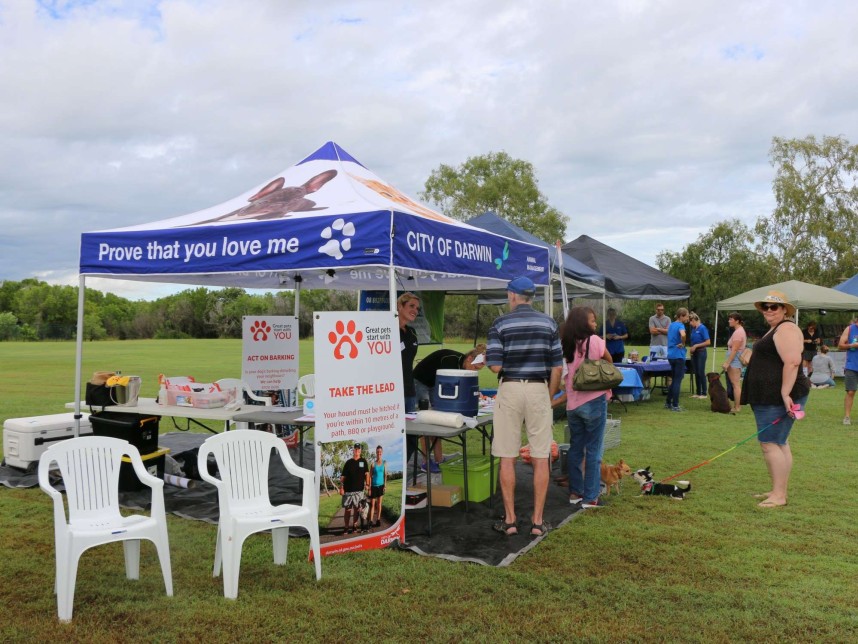What is considered Nuisance?
An animal is considered a nuisance when it;
- is injurious or dangerous to the health of the community or another person or animal; or
- behaves repeatedly in a manner contrary to the general interest of the community or specific interest of another person; or
- creates a noise or an odour to a degree or extent that disturbs the reasonable mental, physical or social well-being of a person other than its owner; or
- defecates to a degree or extent that cases annoyance of a person other than its owner.
Nuisance Barking
Excessive barking is a nuisance. Learn more about dealing with a barking nuisance and understand why dogs bark.
Don’t allow your pet to become a threat or a nuisance
A pet that is out without their owner or out of their owner’s control is considered at large.
Most Council parks, reserves and beaches are off-lead dog exercise areas as long as the dogs are supervised and under effective control.
Reporting a Nuisance Pet
If you observe a dog, cat, chicken, or rooster causing a nuisance please report it to Council using our online form or by calling (08) 8930 0600.
We have an established process for handling complaints about nuisance pets. The procedure is as follows:
- When you report a nuisance pet, you will be asked to provide details about the problem.
- A ranger will visit and investigate the nuisance complaint.
- An offence notice will be issued to the pet owner advising them of the nuisance allegations.
- After substantiating the complaint, the Council ranger will provide the pet owner with self-help information, advice and assistance to help them reduce the nuisance.
- During the investigation our ranger will contact you seeking updates on the nuisance. If the nuisance has ceased, the pet owner will be provided with feedback and encouraged to continue with the action they have taken.
- Should the nuisance complaint remain unresolved, the pet owner may be issued with an infringement notice or be prosecuted.
Enforcement
If, through carrying out an investigation, no nuisance behaviour is substantiated, a further investigation for that property will not be undertaken unless there is a significant change in circumstances.
Should further nuisance complaints be received and found to be true, the pet owner may receive a 'show cause' letter on the pet’s registration. A 'show cause' letter requests information from the owner on reasons why the pet’s registration should not be cancelled.
If the pet’s registration is cancelled, the pet owner will then have 24 hours to remove the pet from the Darwin Municipality and if they fail to do so, we may acquire a warrant from the courts to remove the nuisance pet.
If the Council seize the pet with a warrant, it will be impounded and held for four days. If the owner makes no attempt to contact Council or find an alternate property outside the Darwin Municipality, the pet will be rehomed or euthanised.

